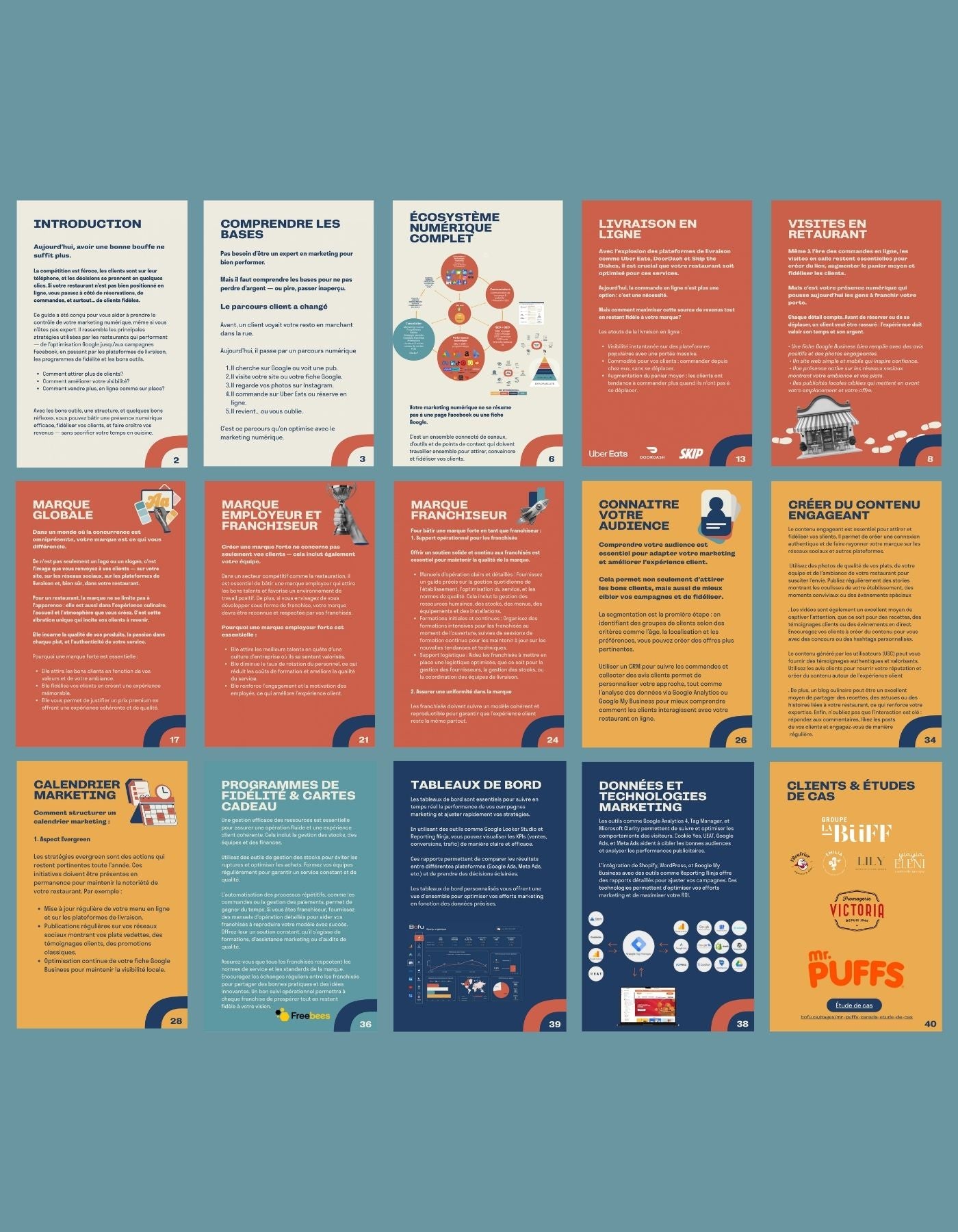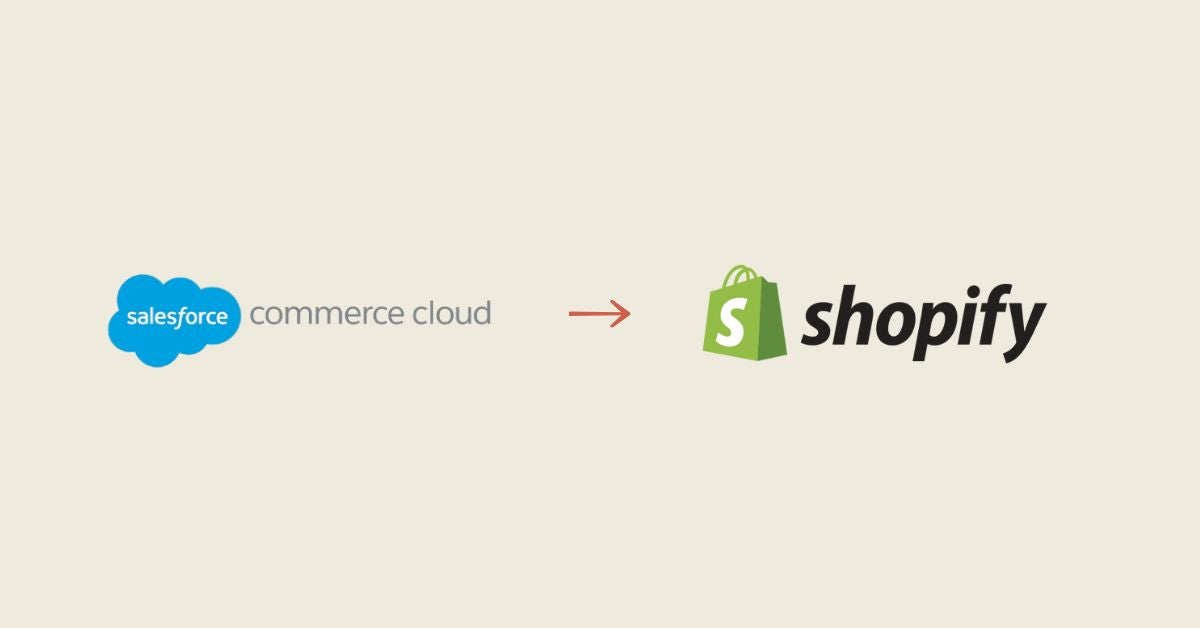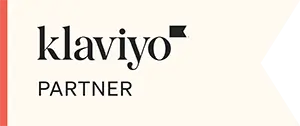In a restaurant, everything moves quickly: team management, inventory, service, and unforeseen events. The result? Marketing often comes last. However, planning your actions in advance can be a game-changer: more consistency, less stress, and above all... more impact .
The marketing calendar isn't just a tool for large chains. It's a simple and powerful performance lever , even for an independent establishment.
What Your Marketing Calendar Should Include
A good calendar incorporates three types of campaigns: evergreen , seasonal , and one-time opportunities .
1. Evergreen campaigns
These are the actions you can do all year round, no matter the season.
Examples:
-
Highlighting your signature dishes
-
Customer Testimonials
-
Introducing your team
-
Classic promotions (lunch menu, 2 for 1 on quiet evenings)
This content serves to build awareness, strengthen the brand and occupy the digital space on an ongoing basis.
2. Seasonal campaigns
Here, we think about the highlights of the year:
-
Valentine's Day, Easter, Mother's Day, New Year's Eve
-
Summer on the terrace, winter menus, back to school
-
Local festivals or events in your city
Every moment is an excuse to create a special offer , a thematic menu , or a particular atmosphere to communicate on your digital channels.
3. New Releases and Limited Time Offers (LTO)
This is where you plan your new menus , collaborations with influencers or brands , and limited-time offers .
Examples:
-
New brunch menu in May
-
Collaboration with a local microbrewery in July
-
Flash deal on DoorDash on a Wednesday evening
How to Build a Simple and Effective Marketing Calendar
-
List the key moments of your year (seasons, holidays, planned launches)
-
Define your goals for each period (more visits? more orders? more visibility?)
-
Plan your campaigns on your owned media (social networks, website, newsletter) AND on your partner platforms (Uber Eats, Google, Meta Ads)
-
Prepare your content in advance: visuals, texts, offers
-
Measure results after each period and adjust for the next cycle
Tip: Use Google Calendar or a simple shared table in Google Sheets to plan week by week.
Why it's profitable
A well-structured calendar helps you:
-
No more improvising at the last minute
-
Be more strategic with your offers
-
Better allocate your advertising budgets
-
Create a consistent experience for your customers, online and in-store
Conclusion
In the heat of the moment, marketing is often relegated to the day-to-day. But with a structured marketing calendar , you take control. You're more strategic, more visible, and most importantly, more consistent in your actions. And in a world where customer attention spans are limited, consistency is your best friend .
If you want to structure your growth, build customer loyalty, and maximize the profitability of your digital channels, explore our specialized restaurant marketing approach designed for local restaurateurs.

















